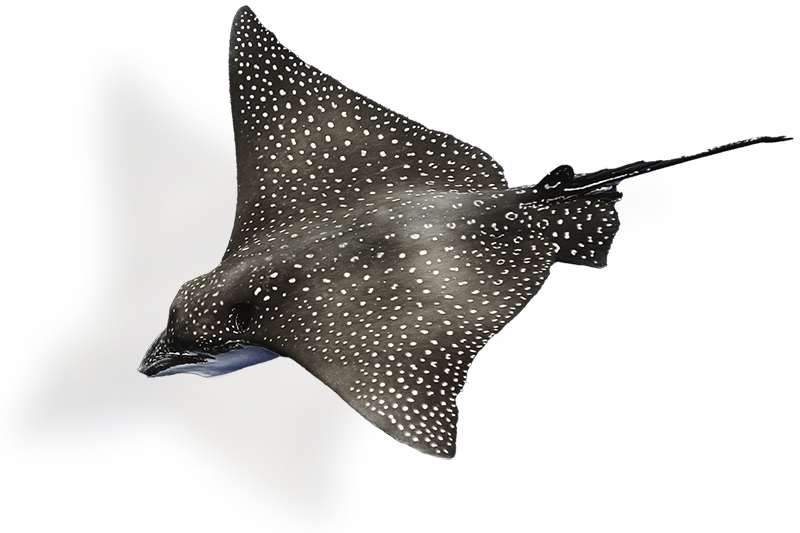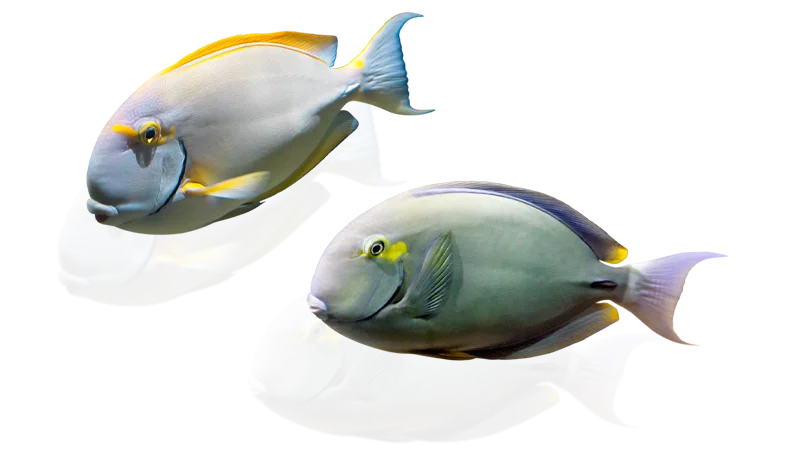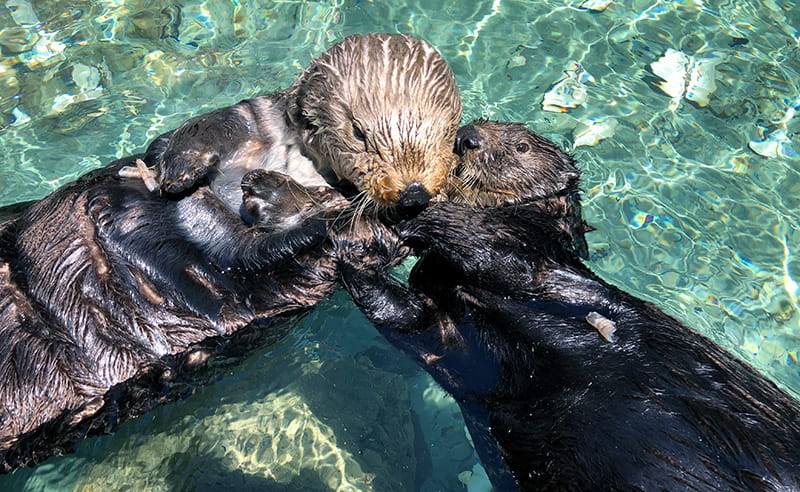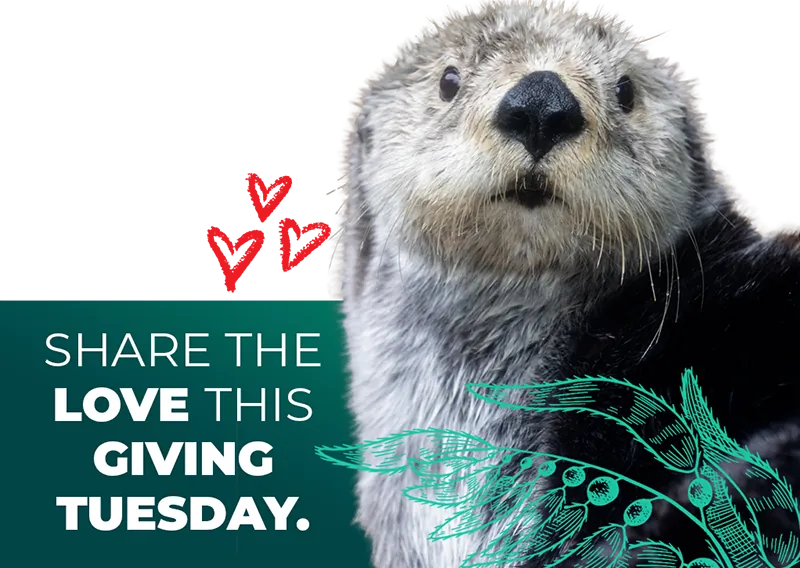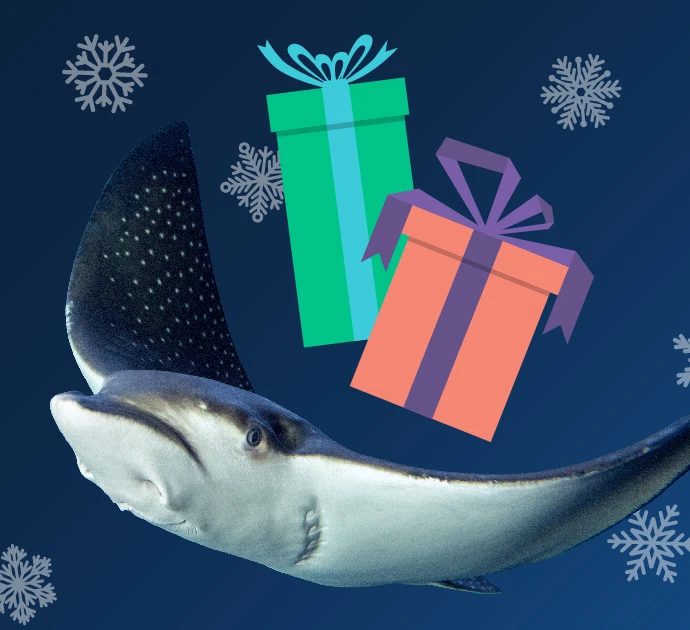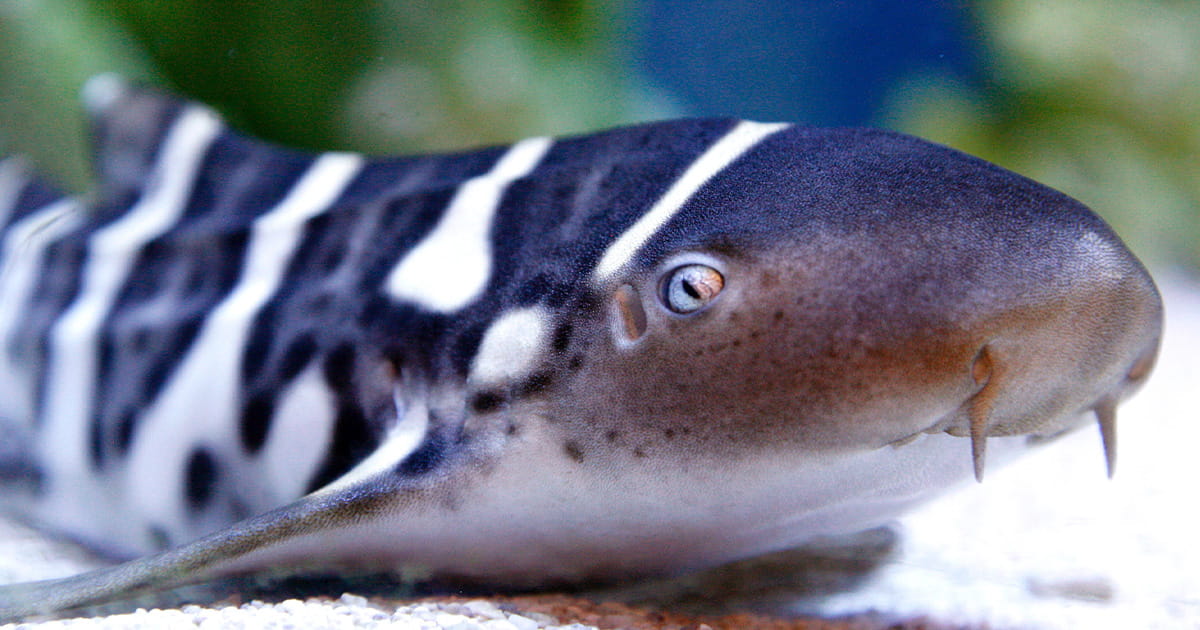
Our Shared Ocean
Ocean health is global. When marine animals go extinct, delicate ecosystems are disrupted. Because our one world ocean is connected, the ripple effect of these losses will eventually impact everyone. That’s why the Seattle Aquarium is collaborating to restore endangered sharks far from the Salish Sea, in a part of the western Pacific Ocean known as the Coral Triangle. The Coral Triangle has been called the “Amazon of the Ocean” for its exceptional biodiversity. But threats are looming.
Population Status
Indo-Pacific leopard sharks (Stegostoma tigrinum) are also called zebra sharks, hiu belimbing and other names. Once abundant in the Coral Triangle, these sharks are now nearly extinct due to overfishing and habitat loss. Like all sharks, they help maintain a healthy food web and are essential to the well-being of their entire ecosystem.
Indo-Pacific leopard sharks haven’t responded to measures that have restored other endangered species, like creating marine-protected areas and banning fishing. What will it take to bring back their numbers? According to leading conservationists—including our experts at the Aquarium—the answer is hands-on help.
What's The Plan?
In 2020, the Aquarium—along with partners around the world—launched ReShark, a first-of-its-kind international coalition to restore healthy populations of threatened sharks and rays.
Our coalition’s first project is to recover Indo-Pacific leopard sharks in Indonesia. This process involves accredited aquariums breeding sharks already in human care, then transporting the resulting eggs to nurseries in Raja Ampat, Indonesia. Once hatched, the sharks are reared, tagged and released into their home waters.
Sharks and rays are endangered throughout our one world ocean, and our work with the Indo-Pacific leopard shark is the first of many ReShark species recovery projects to come.
As the coalition’s name suggests, its goal—quite literally—is to “reshark” the ocean by restoring healthy, genetically diverse and self-sustaining populations. An equally important goal is ensuring that this process is culturally respectful, co-designed and mutually implemented with local leaders in the countries where the work takes place.
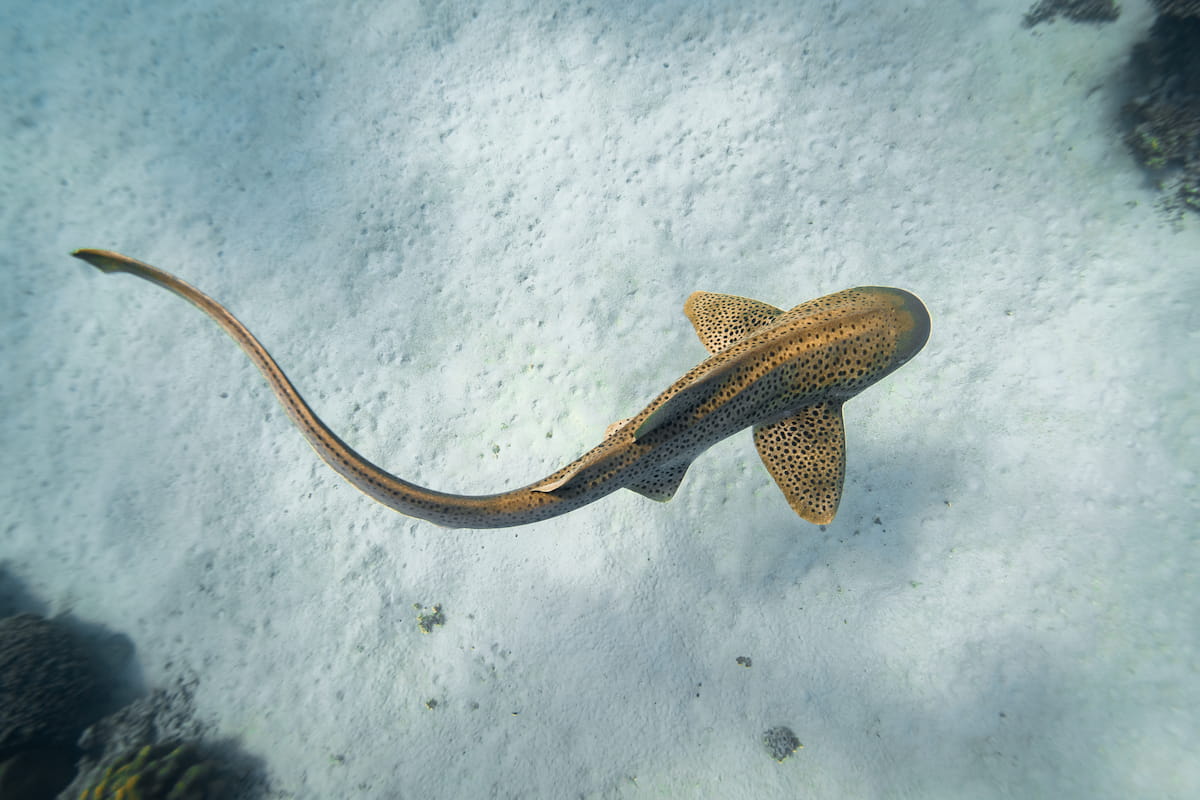
Indo-Pacific leopard sharks and the Ocean Pavilion
The Seattle Aquarium’s expansion provides the resources needed to breed Indo-Pacific leopard sharks, contribute their eggs to the ReShark effort and see more young sharks released to their home waters. Our new Ocean Pavilion houses a small population of Indo-Pacific leopard sharks to support this work and inspire conservation.
Follow Reshark's Work
These videos highlight early phases of ReShark’s first project in Indonesia.
The project’s formal name is the StAR Project, named for Stegostoma tigrinum (Indo-Pacific leopard sharks).
